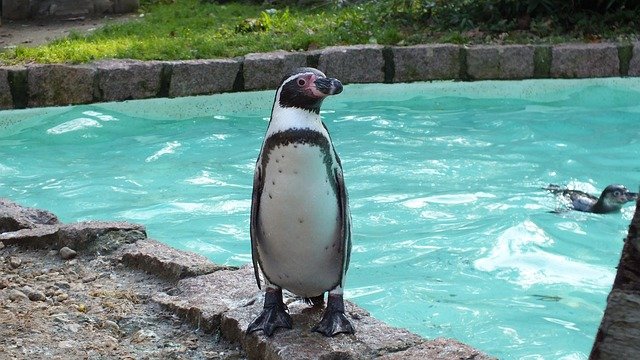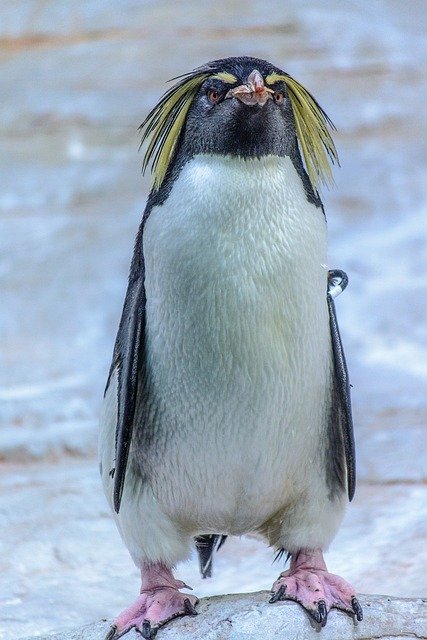**Title: "The Fascinating Social Lives of Penguins: Communication, Cooperation, and Parenting"**

The Fascinating Social Lives of Penguins: Communication, Cooperation, and Parenting
Penguins are among the most beloved and intriguing birds on our planet. Their unique adaptations to life in harsh, icy environments, combined with their complex social structures, make them a subject of fascination for researchers and animal enthusiasts alike. In this post, we will explore the social lives of penguins, focusing on their communication methods, cooperative behaviors, and parenting strategies.
Communication
Penguins are known for their vocalizations, which play a crucial role in their social interactions. Each species has its own distinct calls that serve various purposes:
Mating Calls: During the breeding season, males and females use specific calls to attract mates. These calls can convey information about the individual’s health and genetic fitness.
Chick Communication: Parent penguins and their chicks develop unique vocalizations that help them recognize each other among thousands of birds in a colony. Chicks will chirp to signal hunger, while parents respond with calls that provide reassurance.
Alarm Calls: Penguins also have alarm calls that alert others to potential predators. These vocalizations help maintain the safety of the group, allowing them to react quickly to threats.
Cooperation
Cooperation is vital for penguins, especially in the challenging environments they inhabit. Here are some ways penguins work together:
Huddling: In extreme cold, penguins huddle together to conserve heat. This behavior is particularly common in species like the Emperor Penguin, where individuals take turns rotating positions within the huddle to ensure that everyone stays warm.
Foraging: Penguins often forage in groups, which increases their chances of finding food. By working together, they can herd fish into tight schools, making it easier for them to catch their next meal.
Guarding: While some penguins are foraging, others will stay behind to guard the nest and protect their eggs or chicks from predators. This cooperative behavior enhances the survival chances of the young.
Parenting
Penguin parenting is a remarkable aspect of their social lives. Different species exhibit various parenting strategies, but some common themes include:
Shared Responsibilities: In many penguin species, both parents take turns incubating eggs and feeding chicks. For instance, in Emperor Penguins, the male incubates the egg on his feet for about two months while the female forages for food.
Feeding: Parent penguins regurgitate food for their chicks, providing them with the necessary nutrients for growth. This shared feeding strategy strengthens the bond between parents and their offspring.
Teaching: As chicks grow, parents play a crucial role in teaching them essential survival skills. This includes how to swim, find food, and navigate their environment.
Conclusion
The social lives of penguins are a testament to the complexity and adaptability of these remarkable birds. Through their communication methods, cooperative behaviors, and parenting strategies, penguins have developed a rich social structure that enhances their survival in some of the most challenging habitats on Earth. As we continue to study and appreciate these fascinating creatures, we gain valuable insights into the importance of social dynamics in the animal kingdom.
Feel free to share your thoughts or experiences with penguins in the comments below! 🐧

Upvoted! Thank you for supporting witness @jswit.